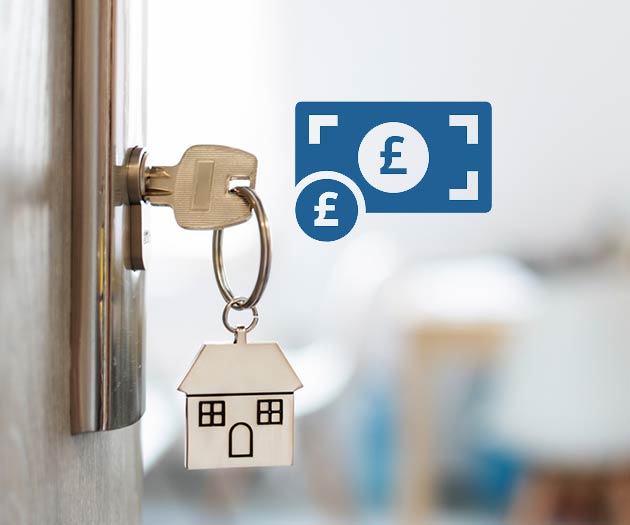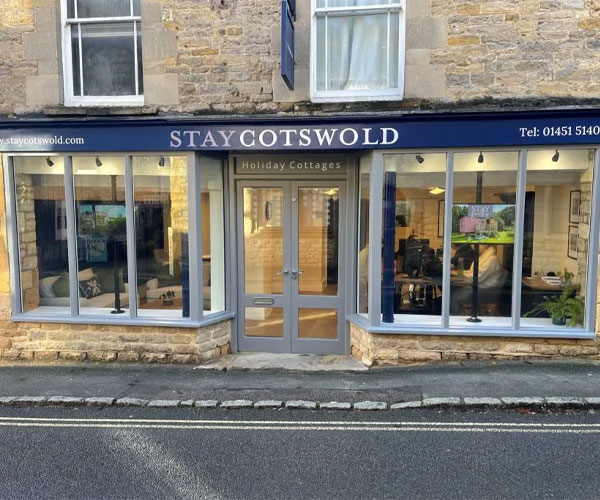As you will already be aware, there are some planned changes to the Furnished Holiday Let regime announced in the recent budget. We know the impact this may have on some of our valued owners and we wanted to share an update from Mat on what this means for your property.
What does this mean for owners?
In the 6th March 2024 budget, Jeremy Hunt announced an intention to abolish the Furnished Holiday Letting (“FHL”) tax regime from April 2025. The details are still to be confirmed, but it is likely that FHLs will be treated the same way as buy-to-let (“BTL”) properties, with the primary ongoing impact being that interest on loans used to purchase a property will only be deductible at the basic rate of income tax, rather than the owner’s marginal tax rate.
This announcement is part of an ongoing attempt to reduce the number of second homes in UK tourist hotspots. In order to assess the potential impact on the holiday letting market, it is instructive to look at the BTL market, which was targeted in the same way a few years ago.
The two main things that have happened since the regulation and tax treatment of BTLs were tightened up are:
- The number of BTLs has fallen;
- The average BTL rent has increased.
There are various reports available online that confirm these trends, including a Bank of England analysis and a Zoopla market report. It is no surprise that regulating and taxing the BTL sector more heavily led to some owners leaving the market (which was the government’s intention). As nothing was done to change the level of demand for BTLs, it’s also no surprise that rents have gone up. However, what is possibly a surprise is that the Bank of England thinks the supply of BTLs has only fallen modestly, whereas average rents have increased significantly over the last few years, ie. if the demand is still there, it doesn’t take much change to the supply to create a considerable increase in the price. The other noticeable (and not surprising) factor is that the area targeted the hardest (Scotland) has seen the biggest rent increases.
Although no one in the holiday letting industry actively wants greater regulation and higher taxes, the evidence from the BTL sector should give individual holiday let owners significant peace of mind. Many things have negatively affected owners over the last couple of years, including increased mortgage rates, energy and housekeeping costs, but the biggest negative impact has been customer demand for UK staycations returning to pre-Covid levels, whilst the number of holiday lets has increased substantially (approximately 20%, according to a number of estimates). Our stated view for the last two years has been that a large number of owners need to exit the holiday letting market, to allow prices to rise for the remaining owners – we’d have preferred this to be driven by the market, rather than government intervention, but the silver lining of the government’s action is that it is likely to cause some people to exit the market more quickly than they would otherwise have done.
What is the financial impact?
To put some context around the potential financial impact of reducing the tax deductibility of interest, a £200,000 mortgage at a 5% interest rate costs £10,000 per annum. If this interest was deductible at 20%, rather than 40%, the cost of the tax change would be £2,000. This cost would be entirely offset by a £3,333 increase in net income, or by a reduction in the interest rate to 3.75%.
The key point to note is that the entire cost of the likely change in interest deductibility can be covered by a relatively small increase in prices. The precise crossover point depends upon each owner’s individual mortgage costs, but we estimate that if we can increase prices by approximately 5%, most owners will end up better off. The evidence from the BTL market is that once a relatively modest number of owners drop out, price rises of this size are eminently achievable. Any reductions in interest rates, which are being widely forecast for later this year, will also help to mitigate the expected tax change on interest deductibility.
Our conclusion is that, unwelcome though the government intervention is, the evidence from the BTL market is that the tax changes are likely to succeed in driving some owners out of the holiday let market, which should enable prices to rise for the remaining owners, to a level where holiday letting is once again a reasonable financial investment – there will just be fewer properties in the market, which is what the government wants. Any reduction in interest rates should also deliver an additional financial benefit to many owners.
We will do everything we can to ensure that our owners don’t need to drop out while the market shift takes place, and to ensure that they benefit from increased prices as the number of holiday lets reduces to a more optimal level.
Sign the petition
We appreciate the news isn’t what our owners want to hear, which is why we’re backing the Professional Association of Self Caterers (PASC) petition to not abolish the FHL allowances. If you’re in agreement, we would urge you to sign the petition, asking the government to reconsider their decision.




